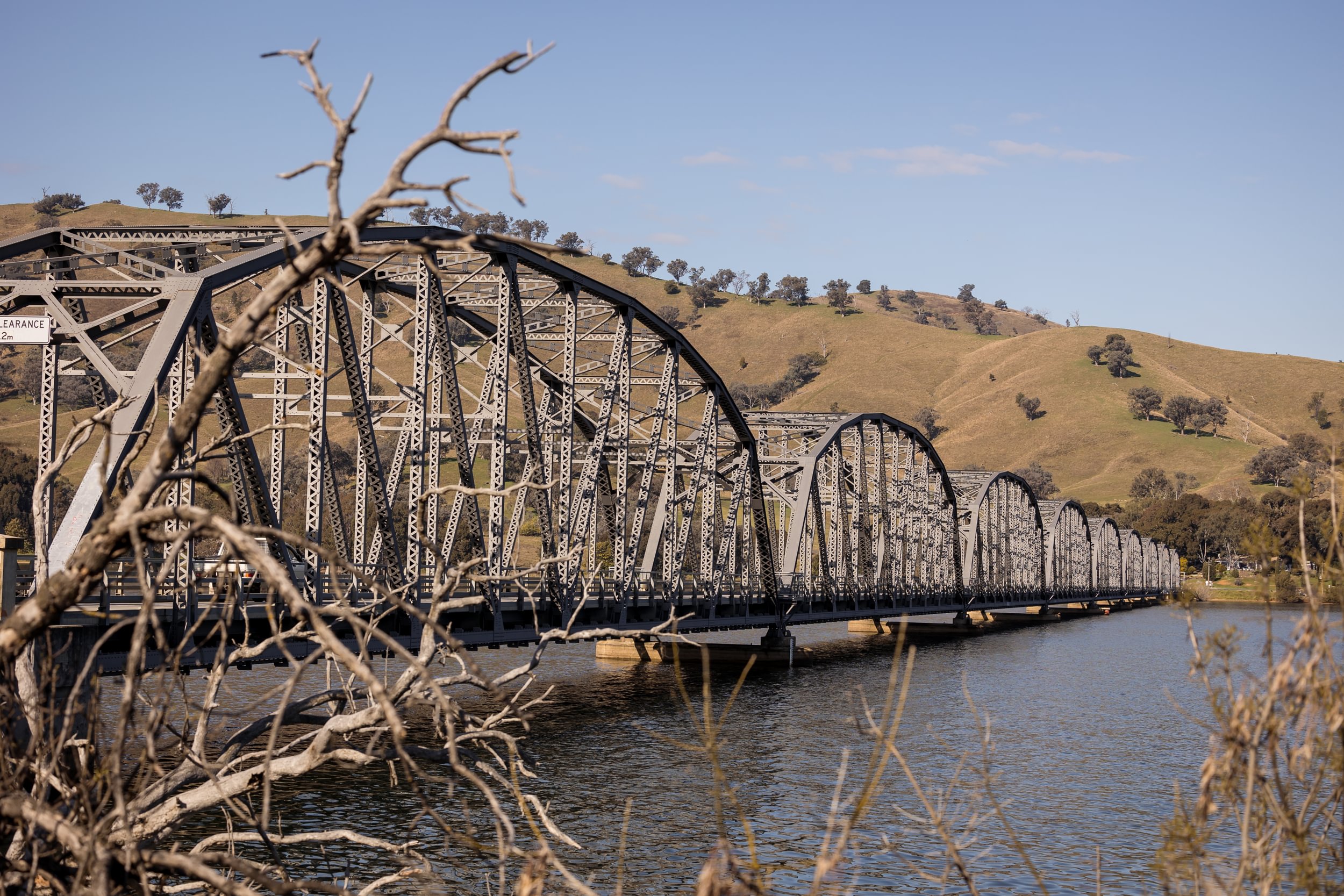Empowering communities for a future with variable water supply
news
Published 25 Nov 2024
Water is at the heart of community wellbeing, agricultural productivity, and ecological balance. As climate change shifts the landscape of water availability, regions like the North East and Goulburn Broken catchments within the Murray–Darling Basin are facing unprecedented challenges.
A One Basin CRC QuickStart project – Building capacity to adapt to a more variable water future – is addressing these challenges by exploring what values we manage for, and how we make decisions on adaptation.
The project is led by the University of Melbourne’s Associate Professor Avril Horne, and sits within our Foresight and Decisions research program.
This initiative is a response to the complex web of processes and institutions that shape water management decisions.
Who’s involved?
The project, hosted by the One Basin CRC’s Mildura Hub, and driven by the University of Melbourne, North East Catchment Management Authority, Goulburn Broken Catchment Management Authority, and the Australian National University, is set to build capacity in understanding, adapting to, and managing water variability.
Project goals and approach
- Mapping stakeholders and governance structures: A crucial part of this project involves identifying the organisations, policies, and key players that shape water governance and management in the North East and Goulburn Broken catchment areas. The goal is to clarify how decisions are made, which entities hold responsibility, and how these decisions intersect across local and regional scales.
- Establishing climate-ready objectives: By engaging with local communities to better understand what people value and why they value our rivers, and do this in a way that integrates cultural, economic, social, and environmental values.
- Supporting adaptive decision-making: The project will map out an action plan to address technical and communication gaps, empowering stakeholders to engage effectively in decision-making processes within their agencies and collaborate across government bodies.
Collaboration at the core
A defining element of this project is its commitment to inclusive engagement. By fostering collaboration and knowledge sharing among local communities and key stakeholders, the initiative ensures that diverse perspectives are embedded in water management solutions. This holistic approach aims to build a shared understanding that supports cohesive, future-ready strategies.
Anticipated outcomes
The outcomes of this project are set to support regional adaptation planning and inform policy development for sustainable water management.
The insights gained will serve as a template for other water-stressed areas, not just in the Murray–Darling Basin but potentially across Australia and beyond.
By strengthening stakeholder engagement and decision-making frameworks, the project aims to nurture resilience in water management practices.
Why it matters
Building adaptive capacity is not just about preparing for drier conditions – it’s about ensuring that communities, agriculture, and ecosystems can thrive despite uncertainty. This project is paving the way for informed, cohesive decision-making that prioritises long-term sustainability and resilience.
Learn more
As this project progresses, the One Basin CRC invites stakeholders, researchers, policymakers, and community members to follow and participate in this vital initiative.
- Reach out to project leader Avril Horne (Avril.horne@unimelb.edu.au)
- Speak to our Mildura Regional Hub Manager, Peter Forbes (peter.forbes@onebasin.com.au).
Latest news & events
All news & eventsEdwina Hayes appointed Chair of One Basin CRC’s Griffith Hub Regional Advisory Committee (RAC)
Read MoreWebinar recording: Water Quality – the sleeping issue in the MDB?
Read MoreIndigenous Research Methodology for Drought Resilience
Read MoreWebinar recording: PhD’s in the Regions
Read More